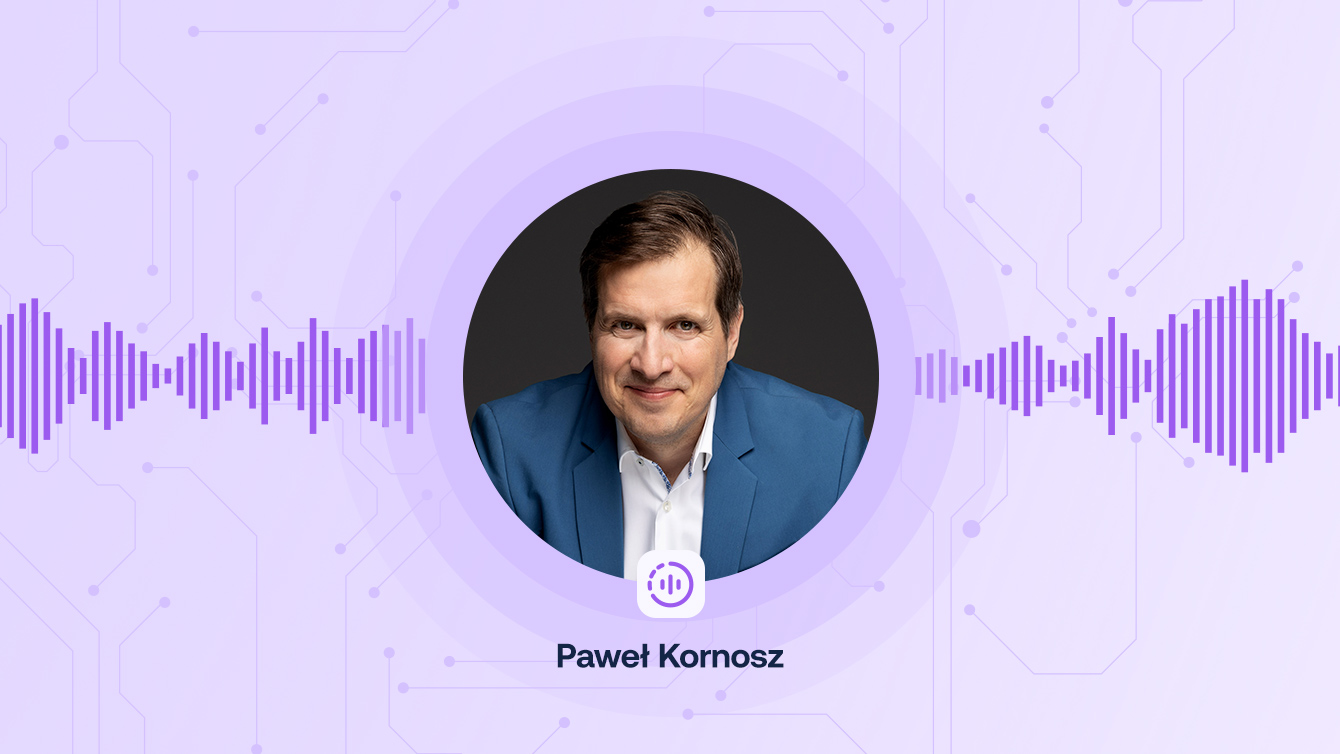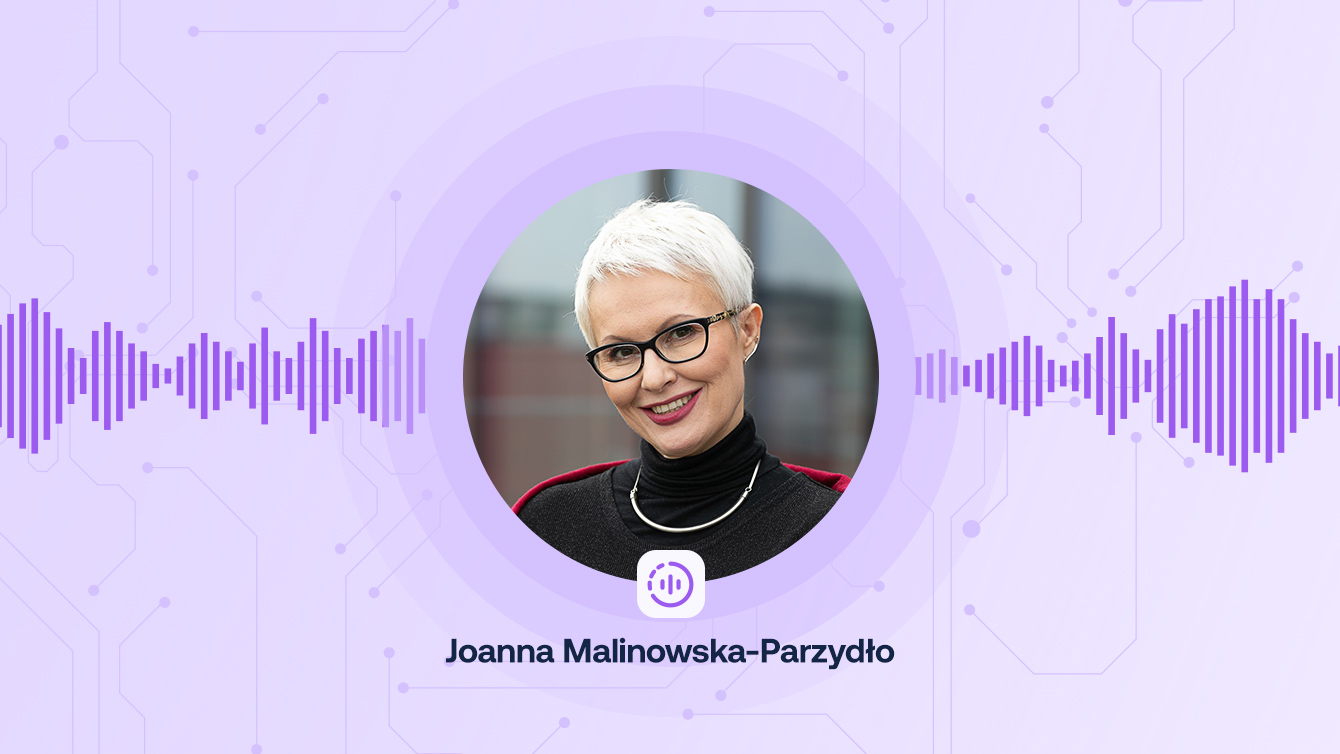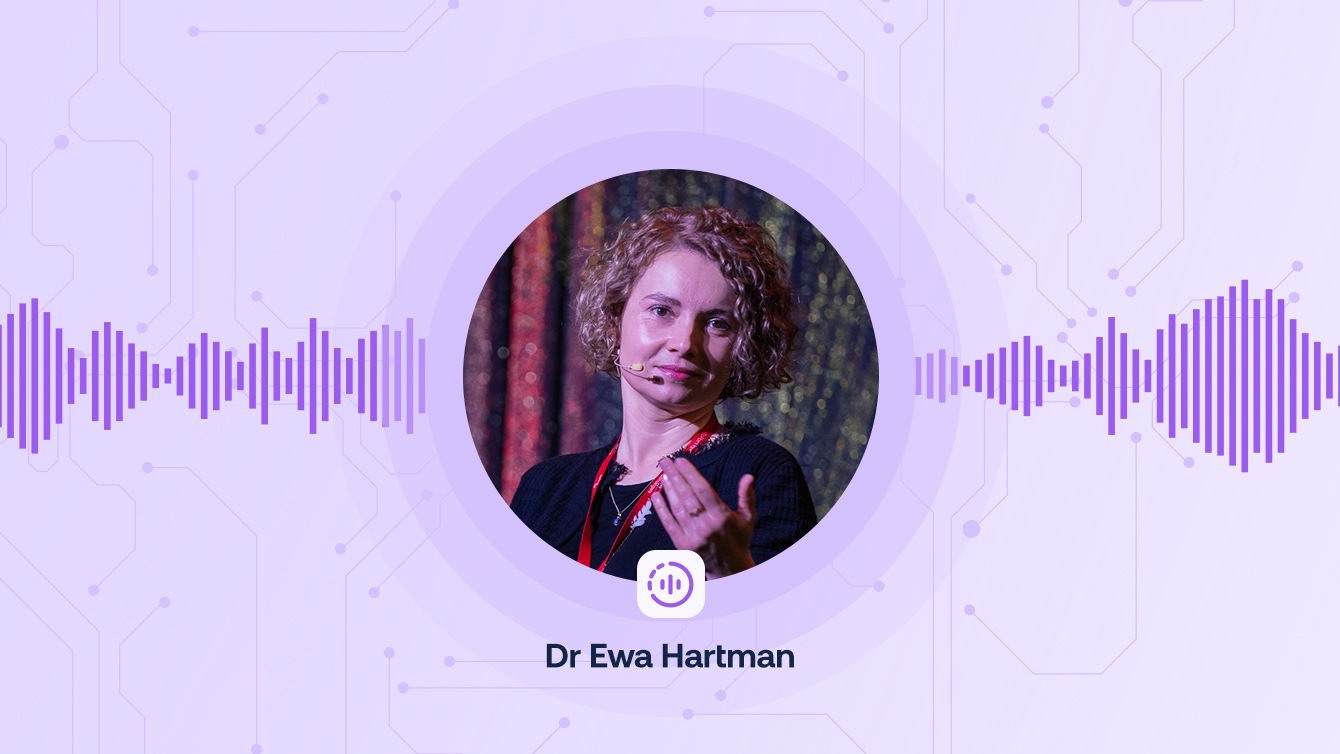VIDEOCAST: How to Improve the Quality of Sleep?
What does it mean to “get a good night’s sleep?” What suppresses the REM phase? How to learn to take daily naps?
What disrupts a good night’s sleep the most?
Caffeine, alcohol and irregular getting-up times are the three most common causes of sleep disorders. Both coffee drunk in the evening and a beer or a glass of wine can significantly impair its quality and make the REM phase severely suppressed. While many people believe that a glass of wine helps them sleep better, studies show that any amount of alcohol, even the smallest, always affects the quality of sleep and makes it shallower.
The same is true for irregular getting-up times. While it is sometimes possible to “make up” for lost sleep and, for example, sleep longer over the weekend, first of all, it is important to ensure that the differences in getting-up times are no more than 1.5 hours.
How does sleep deprivation contribute to unhealthy food choices?
Too little sleep, as well as poor quality of it, are not only causes of fatigue, but also changes in metabolism. This was confirmed by a study conducted at a buffet. Those whose sleep was reduced to 5 hours were far more likely to choose so-called junk food, whereas when faced with no choice of meal type, opted for larger portions. The reason for this is the disruption of two hormones – leptin (satiety hormone) and ghrelin (hunger hormone).
What if you go to bed late and have to get up early in the morning for work? Of course, the division into “night owls” and “early birds” is not an artificial concept, but something independent of us, genetically determined. Changes can be made only to a limited extent, such as arranging the bed so that it gets sunlight in the morning if you want to get up earlier. Usually, however, the time of trouble-free getting up will not shift by more than an hour and a half. As Mateusz Majchrzak points out, people who are able to fall asleep and wake up freely in the new regimen very quickly return to their natural “calibration” of sleep hours.
A regular nap or a power nap – which one to choose?
Naps can come to the rescue. However, there is a difference between a regular nap and the so-called power nap. A long nap of up to an hour and a half can be useful, for example, for people who work morning shifts, mothers of young children or professional athletes. In most cases, however, a power nap, i.e. an energising nap lasting up to 30 minutes, will suffice. What if you can’t fall asleep during the day? You can learn it! Just lie down for half an hour. After a few days, the shallow sleep phase will occur, the existence of which you may not initially realise at all.
What about postponing healthy, quality sleep until later in life? It turns out that there may be a problem with this. Seniors tend to sleep less, because, among other reasons, they use less energy. They often go to bed at 9 p.m. and wake up fully rested at 4 a.m. In this context, the beneficial effect of the sleeping pill is questionable, as it causes muscle relaxation and can result in many accidents and injuries.
So what does it mean to “get a good night’s sleep”? It is primarily to sleep so that the next day you are not drowsy and do not fall asleep during daily activities. It’s to sleep in such a way that you don’t miss any of the sleep phases, both shallow sleep and the REM phase. Learn more about this topic in Jarosław Kuźniar’s conversation with Mateusz Majchrzak in the “Wellbeing Summit” videocast.








